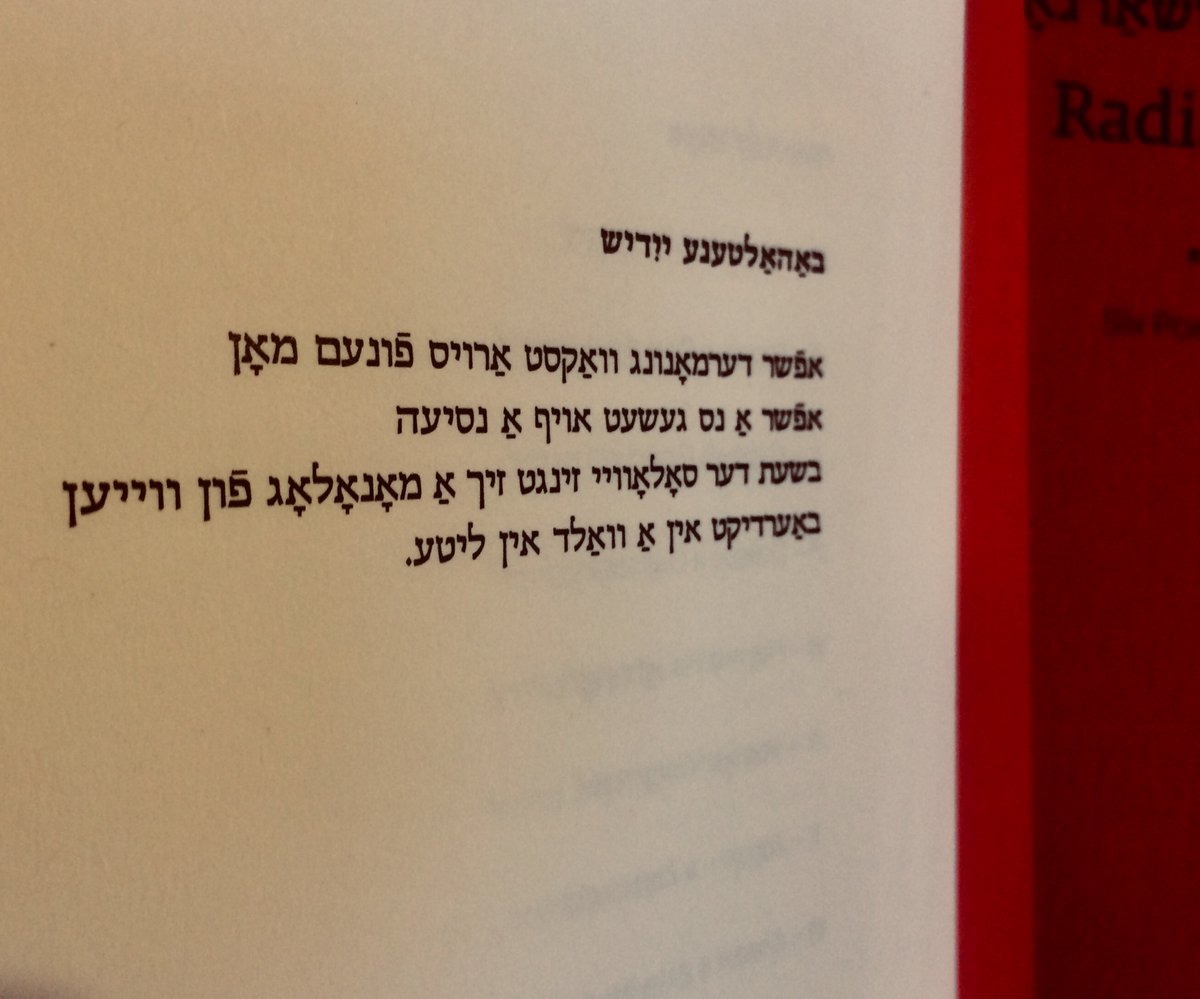Fulbright scholar award, “The Symphony of Sickness,” new publications
I recently learned that I was awarded a joint Spain-Greece research award from the Fulbright Scholar Program, and will be spending seven months in Spain and Greece next year. The award is for my own poetry, though my project is intertwined with my work as a translator. I will be affiliating with an organization called Mozaika, in Barcelona, as well as the Etz Hayyim synagogue in Chania, Crete.
A few months ago, one of my poems was published in The Coachella Review: http://thecoachellareview.com/wordpress/archives-2/poetry/the-symphony-of-sickness/
I had intended to write a longer note when this poem was first published, but time got away from me. This is actually a poem I wrote when I was eighteen and in the midst of a particularly trying health crisis, itself coming after ten years of serious illness. This poem has always held particular significance for me, as it was one of the first instances in which I was able to articulate a truth about chronic illness that had otherwise been difficult to communicate. Though I had already found reading poetry to be essential in finding meaning in my life, the sense of triumph that came with articulating a difficult truth through writing poetry left me with a lasting conviction in my own writing. This conviction was strengthened by what felt like the miraculous nature of the poem, coming as it did at a time when concentration and word finding were difficult. Conviction is necessary for a writer: years went by before an editor accepted this work for publication.
Alas it was only recently that I discovered that “The Symphonies of Sickness” or something along those lines, is also the name of a death metal album. Not being a connoisseur of the death metal musical genre, this similarity was only a coincidence. While I now can’t claim to be the first person to be intrigued by the similarity of the words symptom and symphony, I still believe in my poem.
In Yiddish news, my translations of the poet Celia Dropkin were published today on the Jewish Women’s Archive website: https://jwa.org/blog/celia-dropkins-poetry?fbclid=IwAR1eGkcNvUD-_1QBzLeo6gqkvia3Ojeis-lC2rYUpkZInCItC2nDaoinsSc#.XGWyeaWtISR.facebook
More Sutzkever translations are forthcoming soon in Pakn Treger and The Arkansas International.





